Jane Milburn Upcycling & Reducing Textile Waste | Churchill Fellowship
Jane Milburn OAM: Sustainability consultant, Slow Clothing pioneer, TEDx speaker, Churchill Fellow, upcycler, and agricultural scientist.
Jane Milburn is one of Australia's leading slow fashion and fashion waste upcycling advocates. Jane is well known for her sustainable clothing book called Slow Clothing and just this year Jane completed her Churchill Fellowship and received a Medal of the Order of Australia (OAM) for her work in sustainability.

Jane in her well travelled Merino Country Offcuts Shawl with Chantel McAllister's beatiful photo of raw wool and hand shears.
There was a delay due to the pandemic but this year Jane was able to complete the fellowship and release her report: To investigate ways hands-on upcycling actions help reduce textile waste and enhance wellbeing.
In Jane's report she also talks about what inspired her to become a Churchill Fellow and choose this subject to research.
"As a lifelong slow fashion practitioner, I make and adapt my own clothes to complement those purchased new or thrifted. Growing up on farms and studying agricultural science sparked appreciation of natural fibres while making skills were learned inter-generationally."
As part of the Churchill Fellowship, Jane was able to travel to the USA, UK, and New Zealand to meet and interview fellow upcyclers, designers, academics and individuals who are implementing small and slow solutions that can help people solve problems in their wardrobes.

Jane in New York For the Churchill Fellowship
Here's a brief excerpt from Janes' Churchill Report:
"The ‘making do’ in earlier times was born from lack of resources and most people did it. Nowadays ‘making do’ is more likely to be a response to excess and, ironically, it may be the privileged who are currently most engaged. Modern ‘making do’ is more about choices and actions to be resourceful and sustainable, more likely about saving the planet than specifically needing to save money.
The people I met have become more self-reliant in various ways by developing skills and insights to make themselves independent of the fashion supply chain. They are reclaiming control of their wardrobe by being more hands-on in creatively making, mending, redesigning or restyling clothes already around them to reduce waste and enhance wellbeing. They are empowered through what they wear and uninterested in slavishly following trends that provide fleeting satisfaction at best.
Through this Fellowship, I tapped into the citizenry swimming against the all-consuming tide. They are engaging in hands-on processes that enable a consumption pause, taking time for self-reflection and working with what is at hand before making considered decisions in any new purchases. These citizens are showing that culture change is possible when we inform ourselves and learn skills of independence and resourcefulness, and invest time in the process.
This report includes ways that all citizens with a can-do, will-do, mindset can regenerate their agency when they allocate leisure time to resourceful creativity rather than shopping for quick fixes.
RECOMMENDATIONS from my Fellowship are:
A. More education around hand-sewing skills for mending, tinkering and mindfulness
B. More opportunities to engage and share clothing resources, skills and creativity
C. Wellbeing services based around regenerating agency in the wardrobe
D. Redesign services that enable engagement and co-design
E. More engagement through opportunities to practice permaculture and citizen science
F. More awareness-raising of unsustainable consumer culture and greenwashing
G. Localisation to promote and enable place-based fibre systems and culture
There are no easy solutions to complex problems within the fashion sector which is reportedly responsible for up to 10 percent of annual global carbon emissions. However, the idea that we can keep consuming as usual is clearly unsustainable and all indications are that our survival depends on pushing back against consumerism.
This Fellowship is a step towards changing the consumer culture of dependence on global fast fashion supply chains to one of independent flourishing of local creativity, engagement and connection through what we choose to wear. It brings focus to the concept of dressing for health and wellbeing rather than status and looks, and outlines how engaged citizens can gain wellbeing benefits by regenerating their own agency using what is around them and, in so doing, contribute to reducing the textile waste burden.
We can’t change the world, but what we can do is change the way we live through our everyday practices. Those small decisions and choices for living simply are within our means, they are the steps to leading a modest yet fulfilling life in harmony with the natural world. "
Jane Milburn's report is now available if you would like to read further HERE.
At Merino Country we like to see all our offcuts find a use before being composted back into the earth. Jane has been repurposing our offcuts when they are available for many years now and here is a collection of images of some of the projects Jane has created with these offcuts as well as some of the exciting things she has been up to in the sustainable fashion world.
Christmas Decorations


Mal showing Elly Cook & Jane Milburn cutting our garments - Jane often gets our offcuts and makes them into interesting things!
Click here for Jane's latest newsletter with what she's been up to


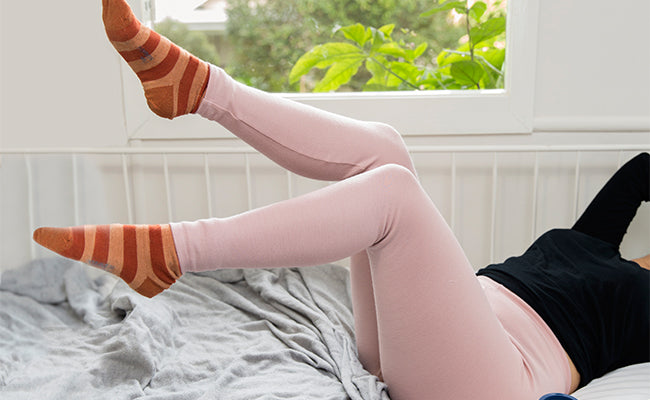
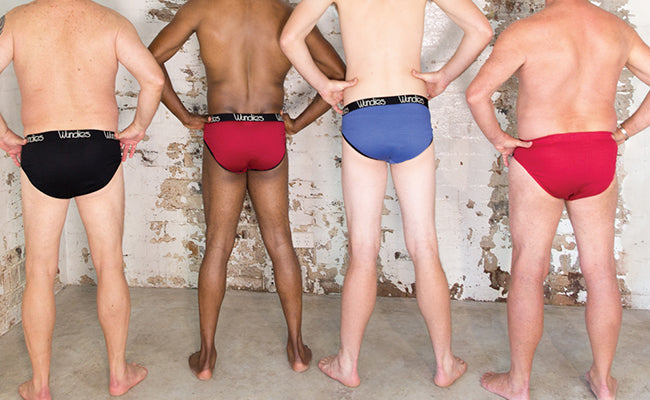
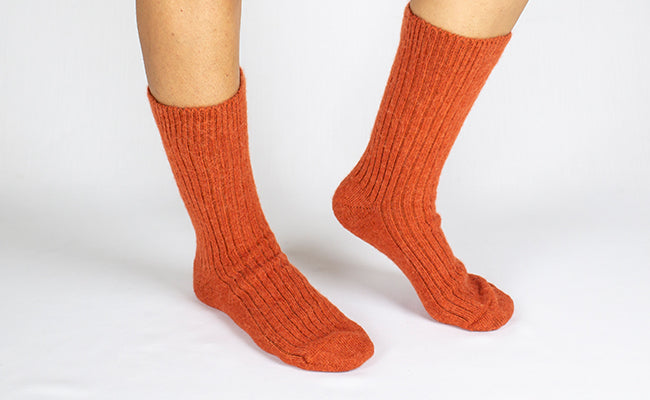
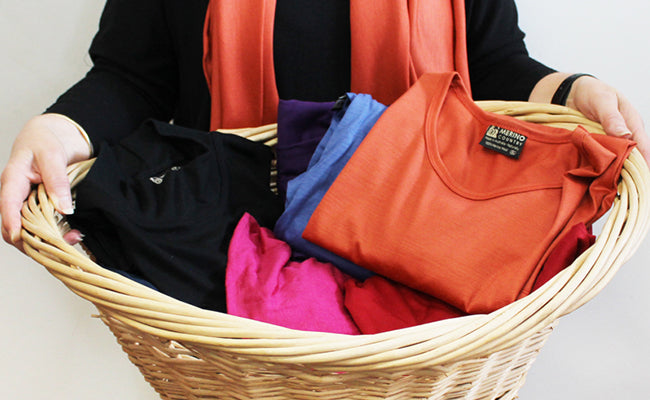
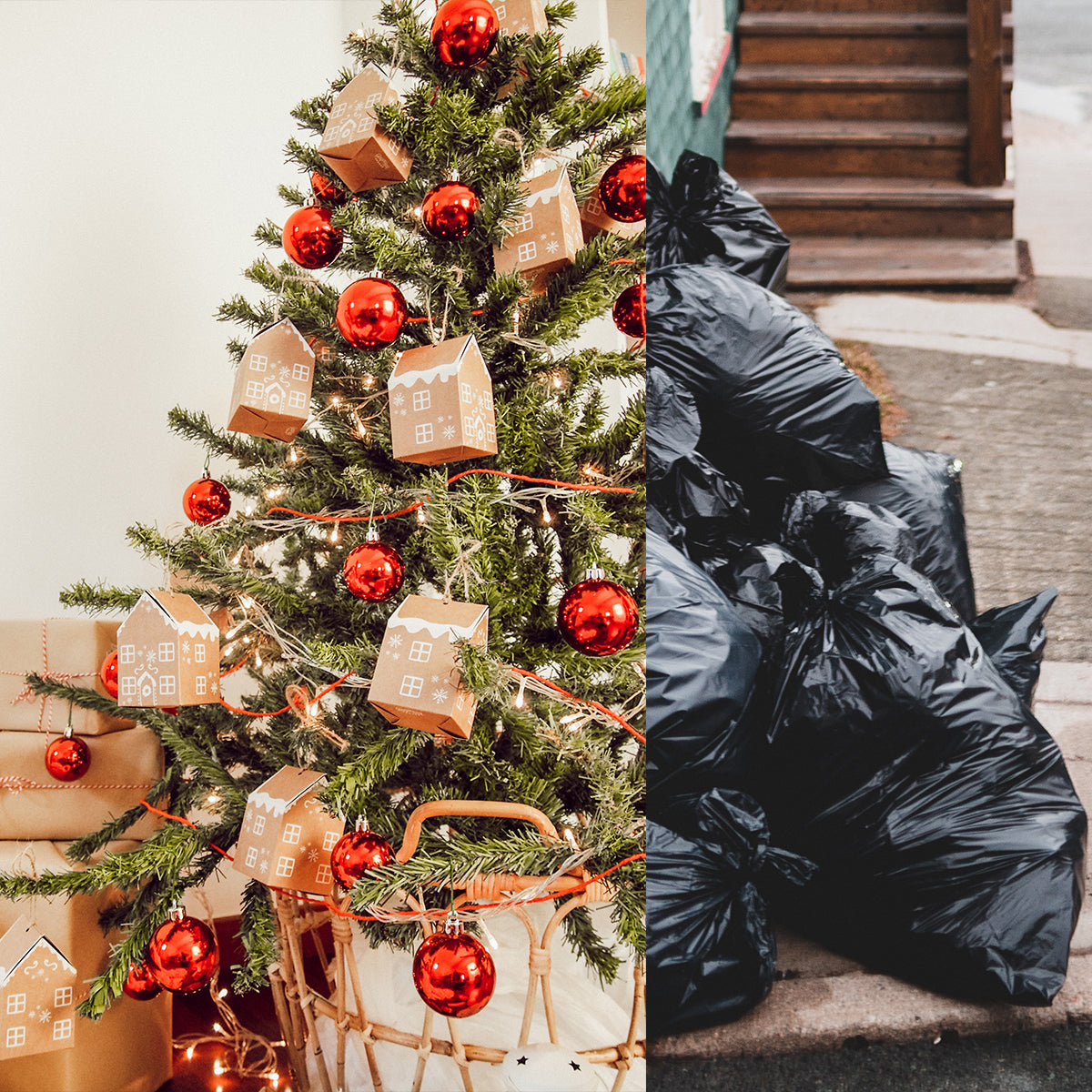
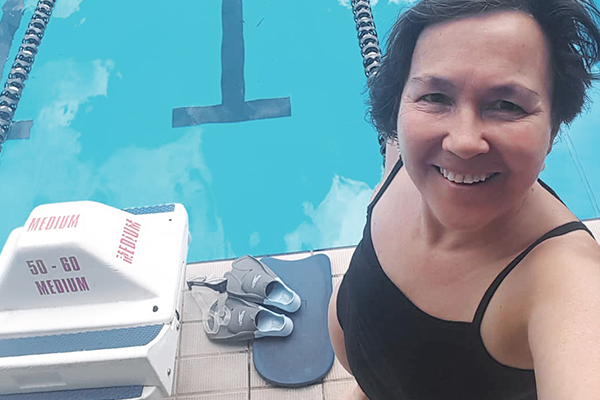



Leave a comment
This site is protected by hCaptcha and the hCaptcha Privacy Policy and Terms of Service apply.